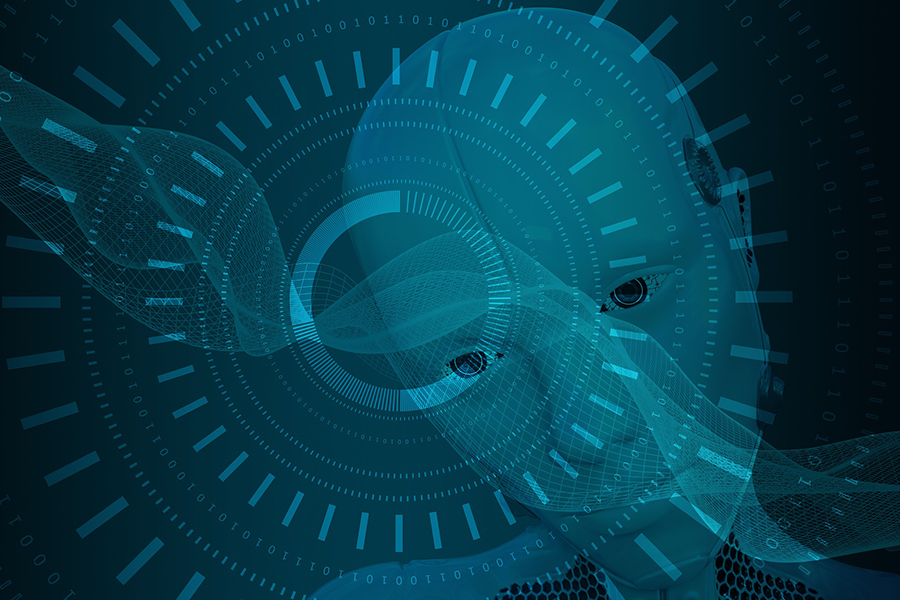
In this one day course Hugo Schnack, assistant professor Language acquisition, processing and disorders, will give an introduction to what machine learning is, when and how it can be used and what it can do.
Machine learning is a data analysis technique to discover (complex) patterns in datasets related to some property of interest. These techniques have found their application in many (research) areas, ranging from physics, biology, medicine, and, of course, humanities. In this tutorial Schnack will take you through some appealing (and appalling!) machine learning examples from the literature along with examples from his own research, as well as current use and potential applications within humanities research.
In practicals you will train, test, and interpret machine learning models yourself on (real) datasets. It will turn out that, without knowing it, many of you have already used some kind of machine learning. While machine learning is a powerful tool to extract useful information from data and obtain valuable insights, it should be used with care – like any statistics. Schnack will try to teach you a critical attitude towards machine learning. Common pitfalls are discussed and he will argue that human intelligence is still necessary to obtain valid and reliable results.
For this course it is useful if you are already familiar with the basics of statistics and R. Without this basic knowledge you can also sign up, but you have to be aware that this workshop will be a bit more challenging.
Please note: the Centre for Digital Humanities aims to promote digital literacy amongst staff-members. When taking this course, the CDH will automatically settle a DCU compensation of 16 hours with your department, which equals 0,73 DCUs (this is double the actual time investment).
Bookings
Reservations are closed for this event.

